Ordinary People (1980)
“When I let myself feel, all I feel is lousy.”
|
Synopsis: |
|
Genres, Themes, Actors, and Directors:
Response to Peary’s Review: He writes that the “Oscar-winning script by Alvin Sargent is perceptive, powerful, emotionally resonant” and “also tender”, with “the scenes between McGovern and Hutton… particularly sweet”. However, he asserts that while “Moore received much praise for her cinema debut as a woman who has repressed her emotions for so long that they no longer exist”, “it has turned out that she plays most of her movie characters with extreme restraint” — indicating that he’s not terribly impressed with her work here. Interestingly, in his Alternate Oscars, Peary writes that he’s a bigger fan of “the now underrated Ordinary People” — which “received much praise from critics and moviegoers when it was released” — than the critical darling Raging Bull (which he nonetheless gives the Best Picture award to in his book). He notes that while Ordinary People‘s “reputation has… diminished, so that it’s now thought of as a mainstream family drama”, it actually deals “with difficult ‘mother-love’ themes not handled in other films”. I’m in full agreement with this latter assessment. Redford’s direction — despite Peary’s (incorrect) assertion that at times it’s too “precise and cold” — is simply masterful: he captures the dynamics of this deeply troubled family in such a way that we immediately sense the depth of their hurtful dysfunctions. Regardless of Moore’s future roles, her work here as a cold, narcissistic mother is spot-on; scene after scene between Moore and Hutton is heartbreaking in its bitter authenticity. We’re left with no doubt that she openly preferred her older (deceased) son, that she resents her younger son for being the survivor, and that she is solely interested in maintaining a life of appearances and surface pleasures (with her husband, not her child) while repressing any trace of genuine emotion. As Peary writes, Hutton does indeed offer a powerful, Oscar-worthy lead performance. He portrays a young man not only dealing with immense survivor guilt, but a lifelong legacy of being “second-best” in his mother’s eyes. Redford’s judicious use of brief flashback scenes — showing Hutton’s smiling, blonde, god-like brother (Scott Doebler) interacting with his adoring mother: … as well as the tragic boating accident — help us to understand exactly why Hutton was damaged enough to attempt suicide (only to learn that his mother was primarily distressed about her bathroom rug being destroyed by his blood). This type of intense subject matter shouldn’t be easy to watch, yet Sargent’s masterful screenplay carefully balances heavier scenes with uplifting ones — such as Hutton beginning to date McGovern (wonderfully natural in her debut): … and Hutton receiving loving, realistic support from his new therapist (convincingly played by Hirsch). Sutherland also does impressive (if less front-and-center) work; as DVD Savant points out in his review, he makes “you forget all of his previous performances” in his portrayal as “a caring and sensitive father whose tolerant nature may not have been the best thing for his relationship with his wife”. Savant’s review nicely summarizes many of the film’s overall strengths, so I’ll cite him some more. He notes that the film “has some good lessons to teach about divorces and messed-up families, which in real life come less from cruel betrayals or sinful transgressions, but simply grow from our basic natures.” He further writes that “psychological movies have tried to show the miracle of the psych cure, usually with dismal or laughable results” (see my recent review of The Three Faces of Eve for a case study of this cinematic tendency), “but through a lot of give and take, we do see something of a credible turning point occur for Timothy Hutton’s character”, who “recognizes truths he hadn’t before, and sees that though he’s not cured, things are not hopeless.” While the film ends on a somewhat downbeat note, the final scene serves as a valuable reminder that challenging family dynamics are not “a rationalization for chucking all relationships as worthlessly fragile”. Redeeming Qualities and Moments:
Must See? Categories
(Listed in 1001 Movies You Must See Before You Die) Links: |
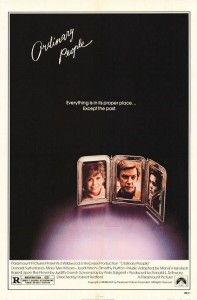
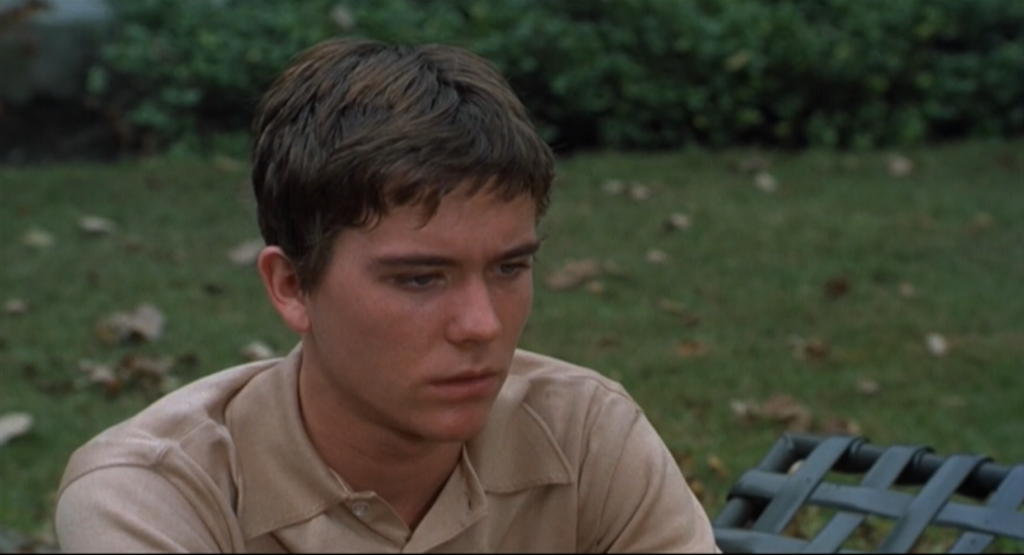
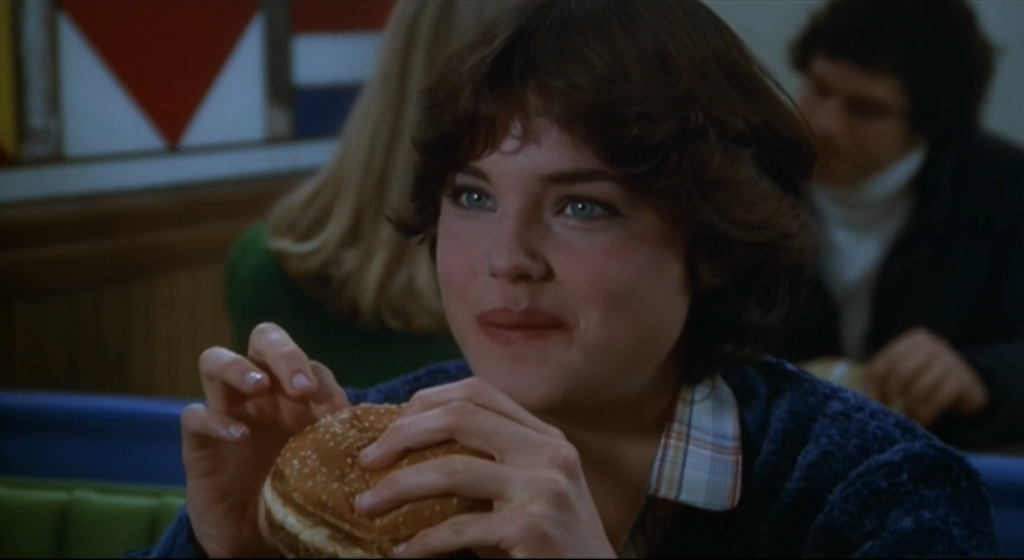
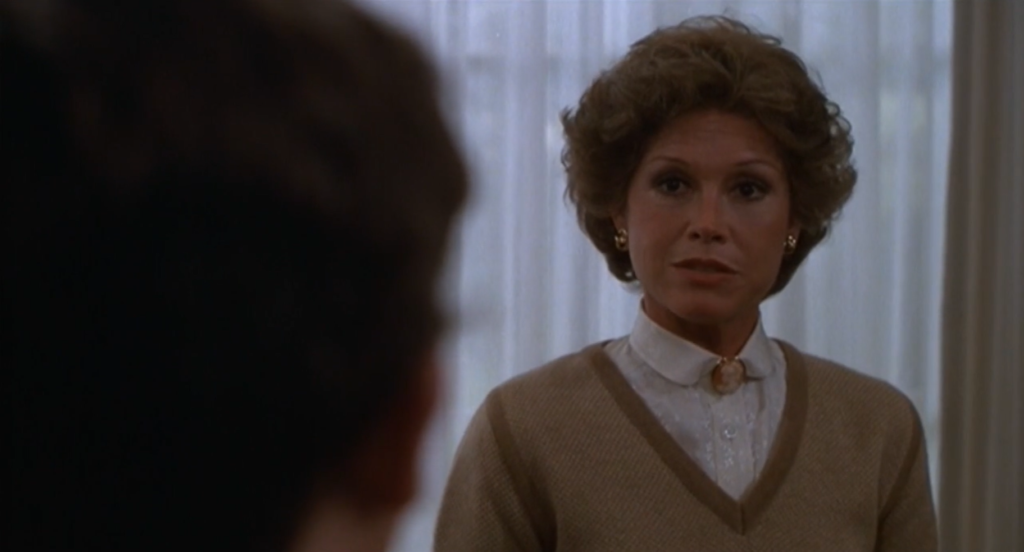
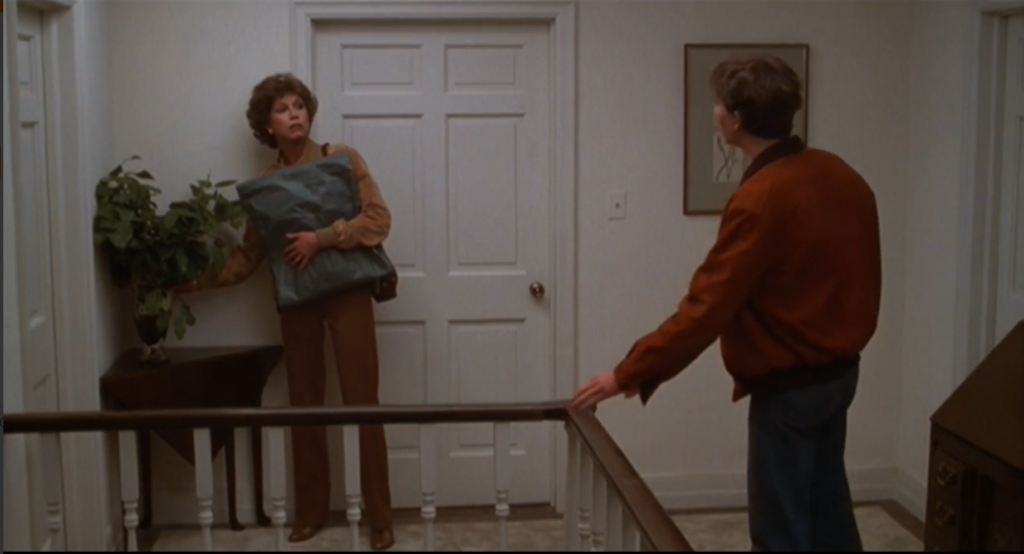
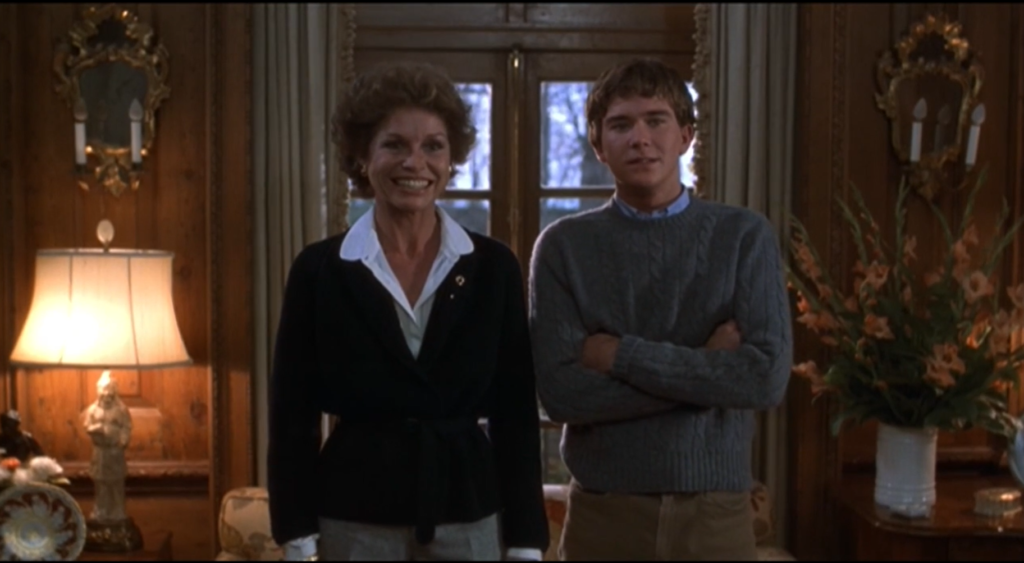
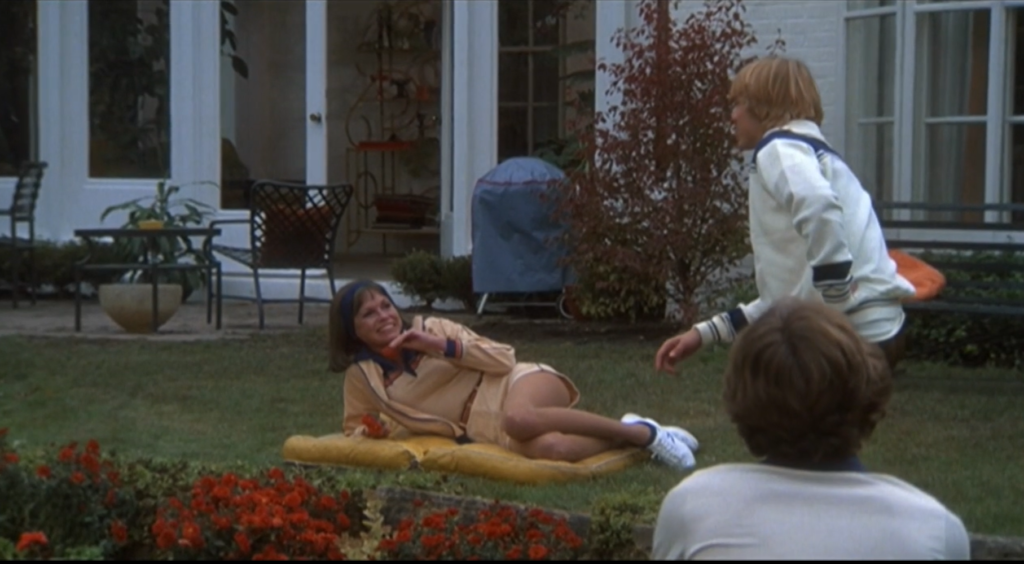
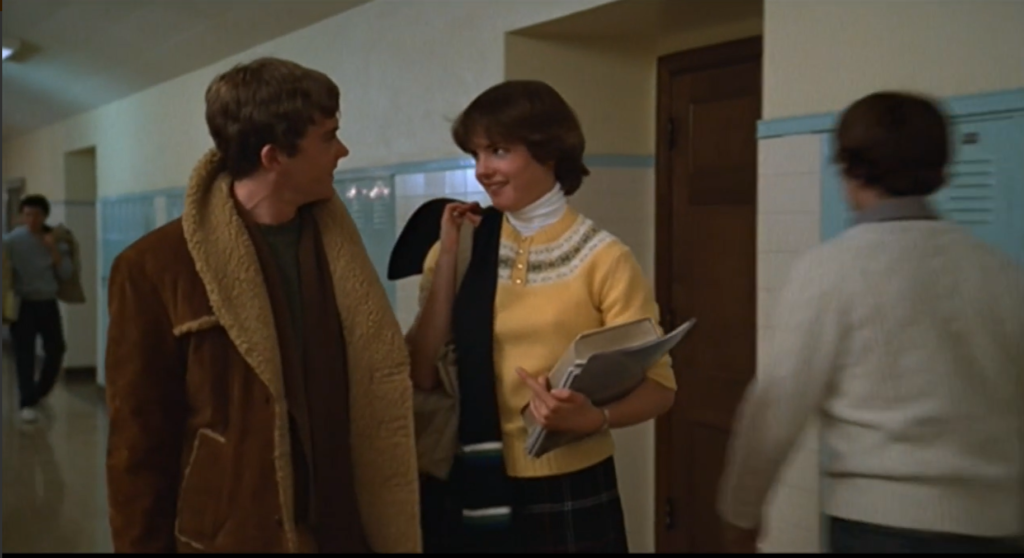
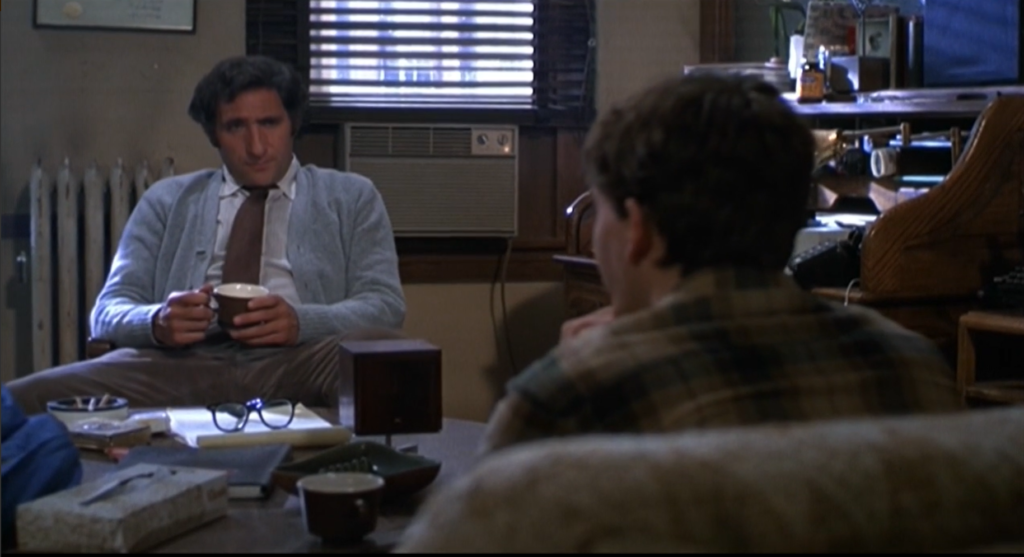
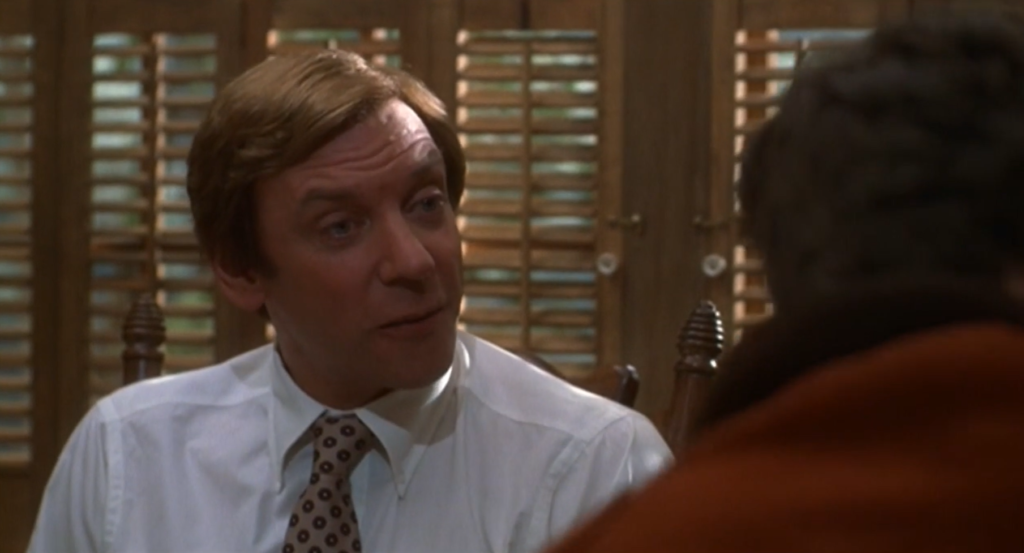
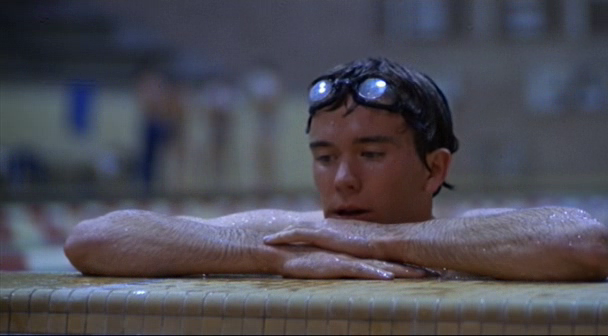

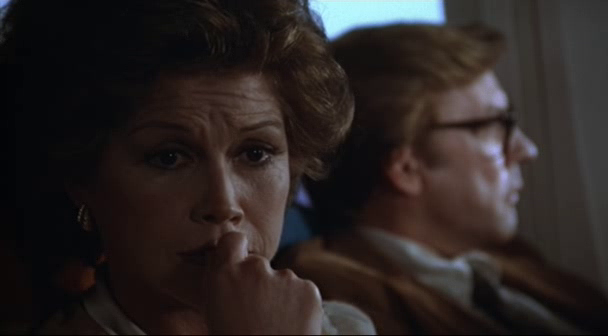

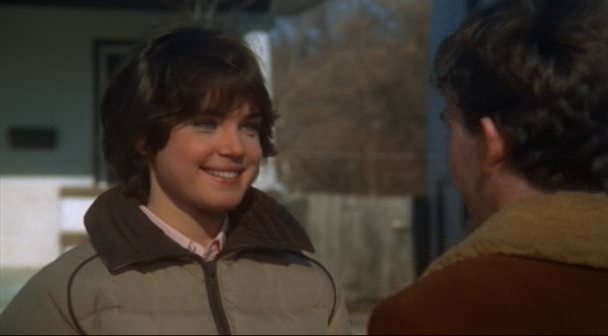

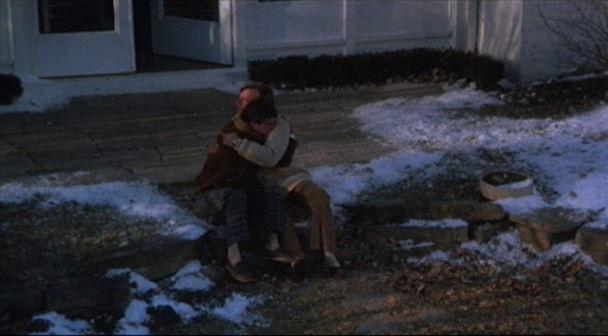
One thought on “Ordinary People (1980)”
Must-see, for the performances/direction/script and subject matter.
The assessment given is very astute and nicely detailed. Seeing the film again reminded me of how dense this film is in terms of character. While we do learn everything we need to know regarding the essentials, the film’s main characters are pools of emotion and there are character tics (especially in the parents) which are left unexplained. We don’t need them explained for the sake of the story, but we can’t help thinking afterwards about what some of the real issues are.
We’re given specific clues. For example, in one flashback scene we see the dead son once again alive and joking in the backyard with Moore and Hutton. If you watch Moore, this is when we see her being (though still arguably) the most genuine and lively. She is getting a real vicarious thrill listening to her son Bucky just talk about his personal teenage experiences. (She almost acts like a coquettish girlfriend; it’s a little creepy.)
We learn through Sutherland that – at least as he sees it – Moore and Hutton are very much alike. We learn, by witnessing just about everything that she says and does, that Moore is not on to herself. Externally she is prepared to be and act like a mother, but not internally. As Sutherland says, she is not prepared for life if/when it gets messy. Being both unprepared and yet full of pride, Moore never takes any personal responsibility if/when things go wrong.
Moore does seem to adore her husband on some level. And, since Bucky is seen as a mirror image of the father, it makes sense that Moore would have found herself with double-defense against her own mirror image of her younger son. But when tragedy strikes, Moore begins to lose the buffer she has used to hide herself from Hutton and from herself. She is deeply troubled, yet uninterested in any exploration of the source of any possible trouble. She seems a product of the midwestern art of sweeping under the rug.
I can see where the film would now be thought of as just a family drama but I would rate it higher than standard drama. The characters are too rich in their knotted turmoil for that.
None of this is an easy film. In fact, there is no real let-up from the unsettled feeling the film puts forth and then maintains. When I first saw the film, I thought the ending was a real conclusion. But now I think it may not be. It may be a point of conflict resolution, with a chance of learning and growing to come for the surviving family. But, if not, the two family members most concerned with growing and developing are at least given full-rein to do so.